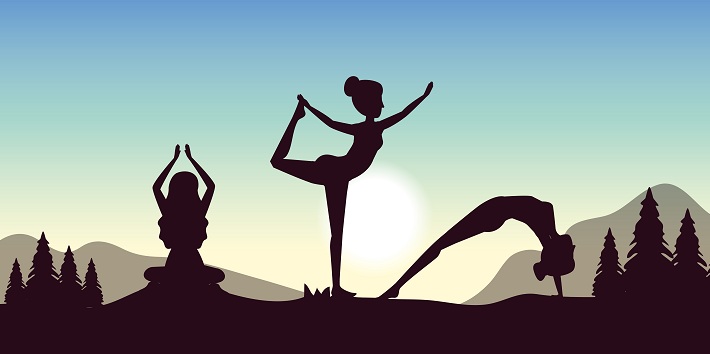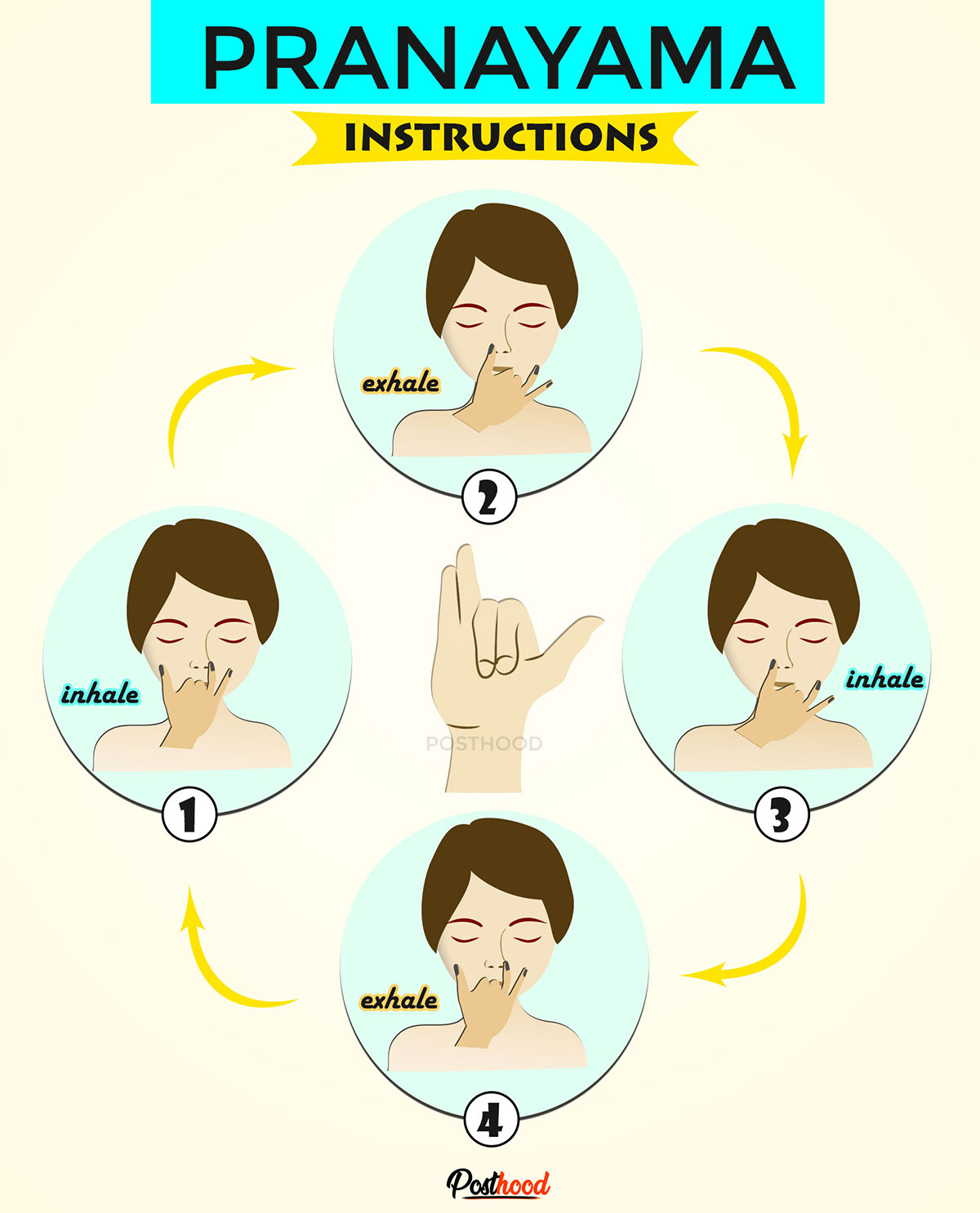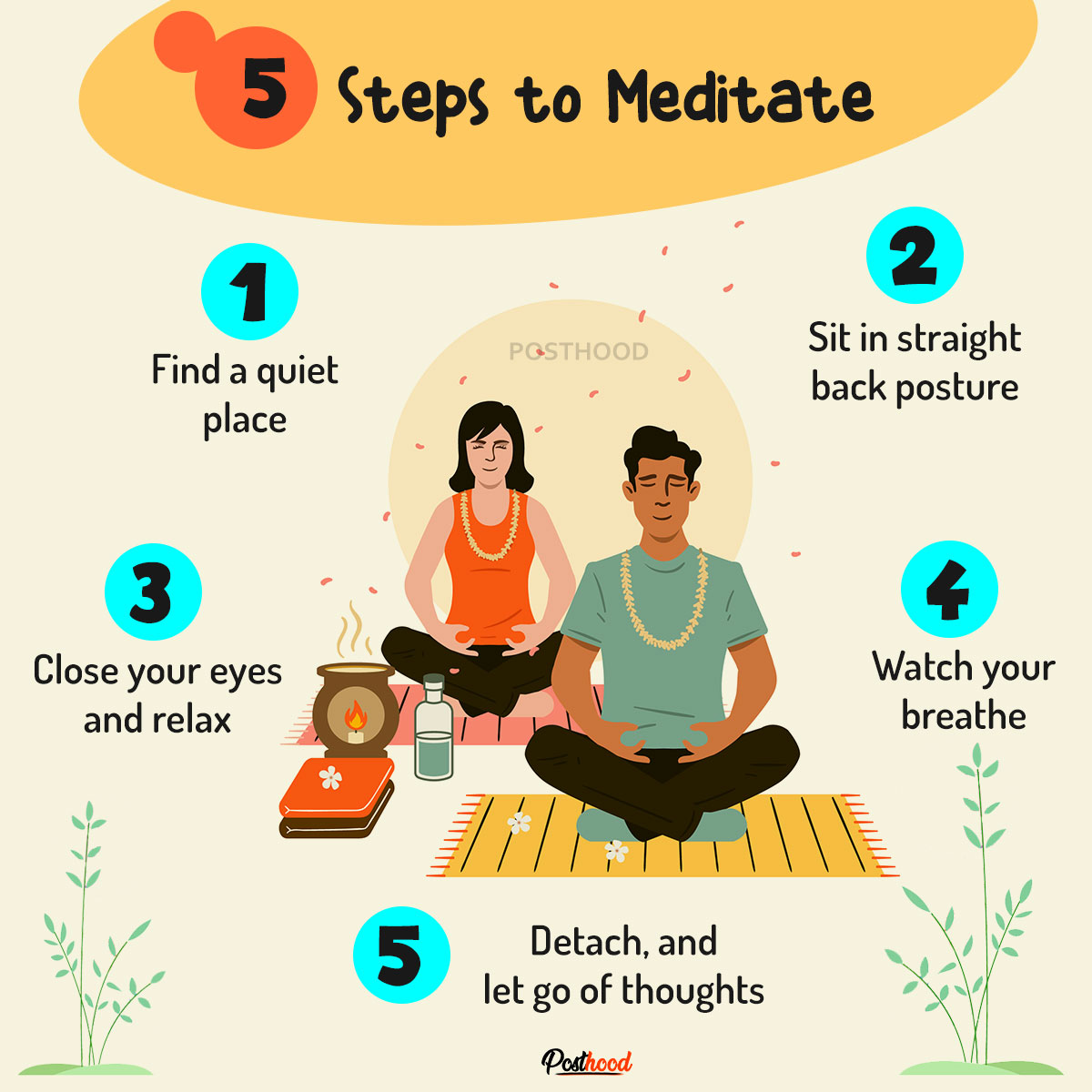“If you are quiet enough, you will hear the flow of the universe. You will feel its rhythm. Go with this flow. Happiness lies ahead. Meditation is key.” – Buddha
Meditation is a state a complete calmness of mind and body. The ancient technique originally called Dhyana came into being thousands of years back in India as a part of Ashtanga Yoga.
It is said to be a powerful means to attain the zenith of our physical, mental and spiritual potential as human beings.
There are several levels of perception or ways to acquire knowledge.
The first level of perception is what we get using our sense organs that is our eyes, ears, nose, mouth, and skin. The second level of perception is what we get from our intellect. The third and the most refined level of perception happens when we learn to use our intuition.
The process of waking up to that superior and finer intuitiveness is what we achieve through meditation.
But before we start this “mediation for beginners guide” we must find out our reasons to mediate daily.
Why Should You Meditate Everyday?

For an absolute beginner, there are lots of enigmas attached to the word meditation.
The very concept of attaining the inner calm, and intuitions creates a kind of awe that tends to make people stay away from it.
They tends to get bore of doing nothing and just sitting in meditation. However, the unfathomable benefit it brings at every level of our existence, if we practice it everyday.
Remember, mediation is not a one day game. But once you start meditate, I bet you can’t leave it.
Some Proven Benefits of Meditation
These benefits will encourage you to meditate daily. Just find your reasons to start –
- Stress Buster
- Promote emotional health
- Cure Depression
- Heal your heart
- Improves cognitive skills and productivity
- Great mental strength
- Enhance decision making
- Boost memory and concentration
- Reduce negative feeling
- Boost energy
- Enhance creative skills
- Keep you calm
Sri Sri Ravi Shankar, a spiritual guru and founder of Art of living Foundation explains, “At the first step meditation gives relaxation. In the second step, meditation gives energy. In the third step, meditation brings creativity. In the fourth step, meditation brings enthusiasm and joy. In the fifth stage, meditation is indescribable. It’s all about the consciousness of your oneness with the whole universe.”
So, all you have to do is stay there and leave the rest. Being a beginner, first you need to develop a habit to just sit.
How To Prepare Yourself for Meditation?

Sadhguru Jaggi Vasudeva, Founder of Isha Foundation explains, “Meditation cannot be done. It happens. Just like the breath we take or other vital physiological activity that takes place in our bodies is not in our hands, it happens on its own.”
If you can cultivate your body, mind, and emotions to a certain level of preparedness, meditation blossom within you.
1. Focus on Fitness
To begin with, we need to attain a certain level of fitness to make sure that our body does not become a hurdle when we meditate.
Leave aside the mind; our body can create a hell lot of distractions when we sit down for meditation.
There are lots of peoples who can’t sit with their spine erect for even one minute. Then there are ones who are likely to get a cramp while sitting cross-legged within a few minutes.
Others might start feeling their legs going numb and so on. Hence, even before you attempt meditation, you should follow a fitness routines.
It can be warm up, yoga workouts, jumping, running or anything that stretch your muscles and help you to sit longer in meditation.
2. Focus on Diet
Our diet plays a very important role. Nothing can calm the mind better than a well-nourished body and a satiated stomach.
Make sure you take simple and easy to digest food that keeps you energized. Green veggies, fruits and detox foods are few meditation promoting foods.
Beginners Tips to Help You Meditate Better

These top tips will help you reduce the beginners obstacles and keep you focused for longer.
1. Start with Breathing
It is advisable to practice breathing exercises right before you start your meditation to get that mind-body equilibrium easily.
Always practice Pranayama for few minutes to focus your mind easily. This is one of the best meditation tips for beginners.

2. Practice on an Empty Stomach
Ideally, it is advised to practice meditation on an empty stomach. However, you should neither get hunger pangs nor feel thirsty.
Probably, that is the reason the best time for meditation is said to be early in the morning when your mind and body are fresh.
3. Clothing
Wear loose and comfortable clothing that almost feels like your second skin. Use earplugs to completely cut out the noise from outside.
4. Ambiance
Having calmed your body through fitness and food, it is important to create a quiet ambiance.
Quiet places can make your meditation more enjoyable and relaxing. So, fix a place and time of the day when there will be no distraction from outside. Play soft music and close your eyes.
5. Sit in Comfortable Posture
Your postures decides how long you gonna sit for meditation. Just be relaxed and sit comfortably. The best position to sit for meditation is erect spine, shoulder and neck relaxed.
Ideally, the most trusted postures for meditation include vajrasana, padmasana and sukhasana.
6. Mudras
Mudras or hand gestures are an essential part of Hinduism and Buddhism.
It is a ritualistic practice to maintain a certain mudra while doing meditation. There are hundreds of mudras present in Hindu and Buddhist scriptures out of which only a handful is used during meditation.
Few of them are Dhyan mudra, Prana Mudra, and Vayu Mudra.
7. Don’t Control Anything…Just Do It
Once you close your eyes, start watching your breath, thoughts, and emotion by being present there. Be mindful but don’t get engaged.
Initially, beginners faces lots of distraction during meditation. And the first mistake they do is try to control their thoughts and emotions which takes them offtrack.
For the first meditation class, you just need to sit there and let everything pass by. For few days, you won’t feel anything, but develop a habit to sit only.
Slowly you’ll observe that your mind is automatically leaving everything and you are focusing better than previous meditations session.
It takes time, so, keep patience and be regular each day at the same time. This is the key tips for beginners to meditate easily.
Remain focused without being judgmental about whether you are doing it right or wrong. JUST DO IT ANYWAY…
How to Meditate?

1. Breathe
So after taking care of all external factors, now it is time to turn inwards.
Starts by taking slow and deep breath. Through each deep inhalation watch the life energy or air as it enters your body through your nose, filling up your lungs and abdomen; and further, follow the same when it comes out of your nose as you exhale.
Simply a few rounds of breathing in and out will make you feel grounded.
“Meditation is not going somewhere. It’s a homecoming. It is getting back to your original nature. Instead of being on the surface, you are going deeper into the core.” – Sadhguru
2. Thoughts and Emotion
Sitting still with your eyes closed, chest going up and down rhythmically along with the slow and steady breath.
Even though your earplugs is blocking the outside noise. Body is satiated, calm and at complete ease.
Yet, there is not complete stillness. The upheaval of thoughts and emotions are rising inside your mind and distracting you.
Let them untouched. Its time to watch those thoughts and emotions subside slowly. The key is to watch them just as you watch your breath. Do not get involved.
Each meditation practice involves focusing on something – be it a relaxing body scan or mindfulness towards your surroundings or focusing on the sound or chanting a mantra.
The key is to keep at it for the next ten to fifteen minutes without being uninterrupted.
How to Train Your Mind for Meditation?

Mingyur Rinpoche, a Tibetan teacher with profound knowledge of ancient Tibetan Buddhism explains that our mind is the monkey mind that goes on blabbering all the time.
It dictates all our thoughts and actions. And either we get engaged with the blabbering of the monkey mind or get angry with it.
Rinpoche explains further how to arrive at a win-win situation.
To tame your mind, we have to first make friends with our mind and understand what the monkey mind wants. It is constantly active and looking for a job. So now we have to give a job to this money mind.
And that is what meditation is all about. This is how you train your mind, guide your mind and calm your mind. Gradually, you become the boss of your mind.
“There are three important rules for meditation. The next ten minutes I sit for meditation, I do nothing, I want nothing and I am nothing.” – Sri Sri Ravi Shankar.
6 Simple Meditation Techniques
Just like there are in-numerous religious faiths and ways to achieve spirituality, there are several ways to attain the calmness of mind through meditation.
Every spiritual guru has different ways to approach meditation.
Also, lots of scientific researchers have worked on various meditation techniques to bring out some of the most effective ways to calm the human mind.
1. Metta Meditation
An extremely rejuvenating, heartwarming and filled with positivity, Metta Meditation uses love and kindness along with deep breathing.
It heals the mind and helps the practitioner to become compassionate towards everyone. This meditation technique is beneficial for stress, depression, and anxiety.
2. Body Scan Meditation
Body scan or progressive meditation is a technique where practitioners are guided to scan through their bodies for any area that is holding some kind of tension.
Then through an auto-suggestive mode, the practitioners are guided to release the tension. At the end of the meditation, the practitioner feels re-energized and refreshed.
3. Mindful Meditation
One of the most vividly used meditation techniques for therapeutic uses.
Mindful meditation requires the practitioners to be present at the moment and observe the surrounding without being judgmental about it.
It helps the practitioner to let go of the sufferings of the past and anxiety for the future.
This technique is used to cure depression, insomnia and cognitive degenerative conditions such as Alzheimer’s disease.
4. Breath Awareness Meditation
It is a very simple technique to just sit in a relaxed posture and just watching the breath going in and out of our nostrils can be extremely relaxing.
It helps to increase our ability to focus and maintain emotional balance.
5. Zen Meditation
A sort of a blend between the breath awareness and the mindful technique, Zen meditation requires the practitioner to focus on the breath and watch the thoughts without being judgmental about them.
Done under the guidance of a master, Zen meditation is best for people seeking relaxation as well as the ones who are aiming for spiritual upliftment.
6. Transcendental Meditation
Followed by practitioners who have been initiated into a spiritual path by a spiritual guru.
Transcendental meditation technique involved the recitation of a word, phrase or prayer that needs to be repeated alongside the ongoing process of deep inhalation and exhalation.
As the name suggests, this meditation technique helps to transcend to a heightened level of spirituality and mindfulness.
How Long Should I Meditate?
The tenure for meditation can be anywhere between 5 to 40 minutes. Guided meditation can be conducted for 5 to 10 minutes.
Whereas when you try to meditate on your own, initially it becomes difficult to stay there for even one minute.
But as you slowly progress in the path of meditation, the tenure gets stretched in tandem with your growing capacity to stay put.
Yogis are found to be meditating for hours or even days. They say that once you experience the trance in meditation, you won’t feel like coming out of it.
Some Common Questions
Being a beginner, lots of questions might be roaming in your mind on how to do meditation, when to do and so many others? Let’s talk about it.
1. What is the best time to meditate?
The ideal time for meditation is during the dawn, dusk and at night before going to bed.
2. What do you think when meditate?
The purpose of meditation is to stop your mind from thinking. Yet it is okay for thoughts to come into your mind. But it is advisable to try not to engage with them.
3. Should I meditate with open eyes or closed eyes?
It is advised by most of the teachers to have your eyes closed at the time of meditation simply because the very purpose behind doing meditation is to disconnect from the outer world and connect within ourselves.
4. Can I meditate in bed?
Yes you can.
5. Should I use music for meditation?
Playing soft music or a voice to guide your mind through the process of meditation only accentuates the experience of meditation.
6. Do I need to chant mantra during meditation?
There are certain meditation techniques such as the zen meditation, kundalini yoga and transcendental meditation that require the chanting of mantra. Other than that, the rest of the techniques simply involve breathing and mindful watching.
7. What happens when I do meditation?
Meditation has countless benefits on the mind, body, and soul that have been explained above.
8. Which type of meditation is best for a beginner?
Body Scan meditation, mindful meditation, and transcendental meditation are trusted techniques for beginners.
9. What is the sign of progress in meditation?
It is difficult to mark the progress in meditation. Even if you can sit quietly without making even the slightest movement for about 2-5 minutes, it is a mark of progress.
Once you embark upon the path of meditation, there is no end to it. Hence, there is no yardstick to measure the progress either.
Just be disciplines, sit for the meditation at a fixed time every day and enjoy the process.
Featured Image: Freepik

